Kisspeptin – Buy Legal Peptides for Reproductive and Metabolic Research
Kisspeptin is a naturally occurring peptide derived from the KISS1 gene, renowned for its pivotal role in controlling the onset of puberty and regulating reproductive hormones. As the master regulator of the reproductive axis, Kisspeptin stimulates the release of gonadotropin-releasing hormone (GnRH), which in turn drives the production of luteinizing hormone (LH) and follicle-stimulating hormone (FSH)—both critical for reproductive function. Beyond its reproductive role, Kisspeptin is increasingly recognized for its influence on metabolism, energy regulation, and sexual function, making it a valuable subject in both clinical and pre-clinical studies. Researchers are particularly interested in its potential to bridge the link between metabolic health and reproductive capability, highlighting its significance in fertility and longevity research.
Key Benefits of Kisspeptin
Kisspeptin offers a diverse range of research benefits. It stimulates GnRH, LH, and FSH release, ensuring the proper functioning of the reproductive hormonal cascade. In studies, Kisspeptin administration has been linked to improved hormonal balance, making it a promising candidate for research into fertility enhancement and pubertal disorders. It is also being explored for its ability to modulate sexual desire and arousal, with clinical trials demonstrating its capacity to influence brain regions associated with attraction and sexual interest. Furthermore, Kisspeptin may hold therapeutic potential in addressing complex conditions such as hypogonadotropic hypogonadism, polycystic ovary syndrome (PCOS), and other reproductive-metabolic syndromes where hormone signaling is impaired.
Scientific Backing and Application Kisspeptin
Mechanistically, Kisspeptin works by binding to its receptor, GPR54 (also known as KISS1R), on GnRH neurons in the hypothalamus. This interaction triggers the secretion of GnRH, setting off a chain reaction that elevates LH and FSH production from the pituitary gland. These hormones are essential for ovulation in females and testosterone production in males. Recent neuroimaging studies suggest that Kisspeptin not only influences hormone release but also enhances emotional and cognitive responses to sexual stimuli, offering exciting possibilities for sexual health research. Ongoing investigations are also examining its role in metabolic adaptation, stress response, and weight regulation—positioning Kisspeptin as a peptide of interest for integrated reproductive and metabolic studies.
Cycle Usage Kisspeptin
In laboratory research, Kisspeptin is typically supplied as a lyophilized powder, reconstituted with sterile or bacteriostatic water prior to use. Administration routes in research protocols can include subcutaneous injection or intravenous delivery, depending on the experimental aim. Dosage parameters vary significantly between studies, with lower doses often used in neuroendocrine signaling investigations and higher doses in metabolic or behavioral models. Kisspeptin’s short half-life means timing and frequency of administration are critical for experimental consistency.
Stack Suggestions
To maximize its research potential, Kisspeptin is frequently combined with other peptides that influence hormonal or metabolic pathways. For instance, pairing Kisspeptin with Supermed 10 in experimental models may provide valuable insights into synergistic effects on hormone regulation, metabolic function, and reproductive performance. Such combinations allow researchers to explore multi-pathway interventions that could have broader applications in fertility, aging, and metabolic health studies.
Use Kisspeptin alongside Supermed 10 to evaluate synergistic effects on reproductive or metabolic outcomes.
Discover more about Kisspeptin’s biology and clinical relevance.
FAQs Kisspeptin
Q1: How can Kisspeptin support reproductive hormone research?
A1: Kisspeptin stimulates GnRH, LH, and FSH secretion, making it vital for studying reproductive axis activation.
Q2: What research applications does Kisspeptin have in metabolism?
A2: Kisspeptin systems are being explored for their roles in linking metabolic balance with reproductive functions and disorders.
Q3: How does Kisspeptin impact sexual health studies?
A3: Clinical studies show Kisspeptin enhances brain processing of arousal and may support interventions in low sexual desire.
Q4: What makes Kisspeptin a key peptide for puberty research?
A4: Kisspeptin is the main trigger for GnRH release at puberty, making it crucial for studies on pubertal onset and fertility.
Q5: Can Kisspeptin be combined with other compounds in research?
A5: Yes—researchers often combine Kisspeptin with other peptides like Supermed 10 to explore multi-pathway effects.

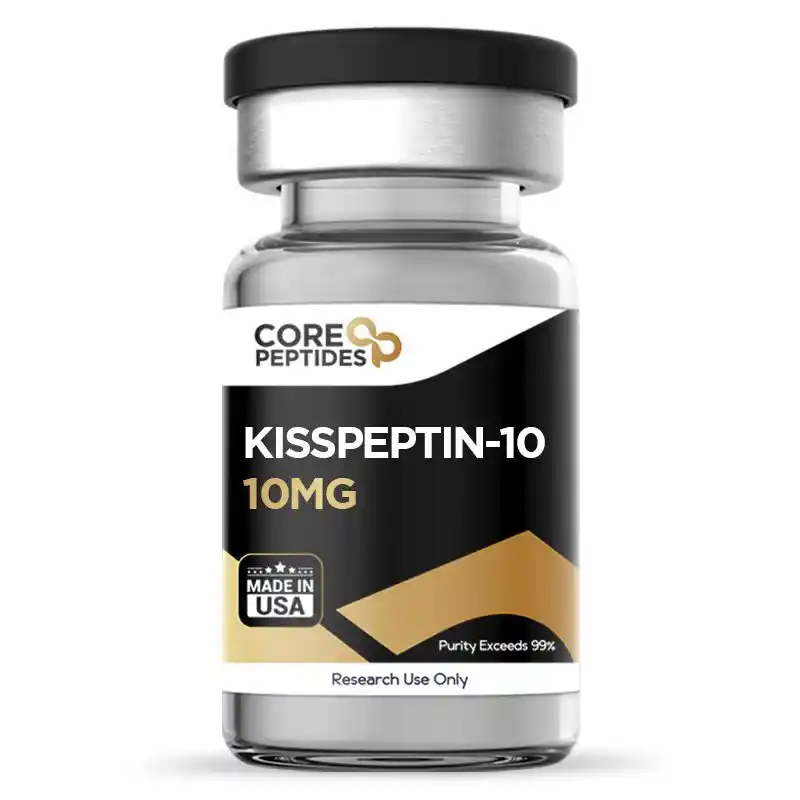
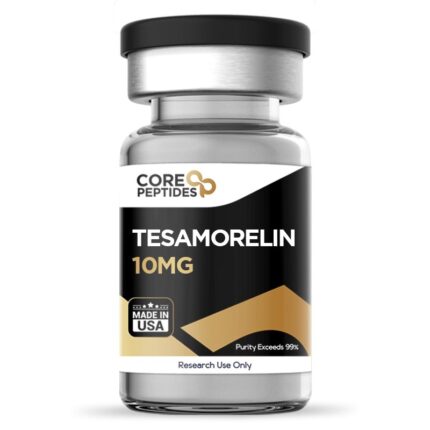
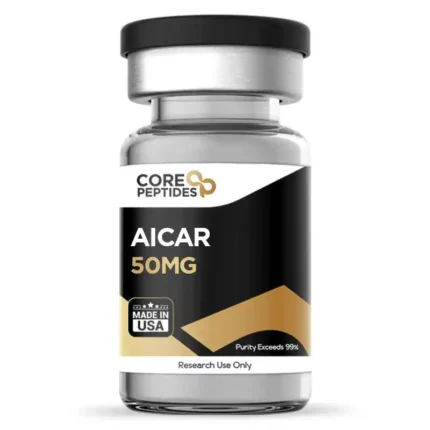
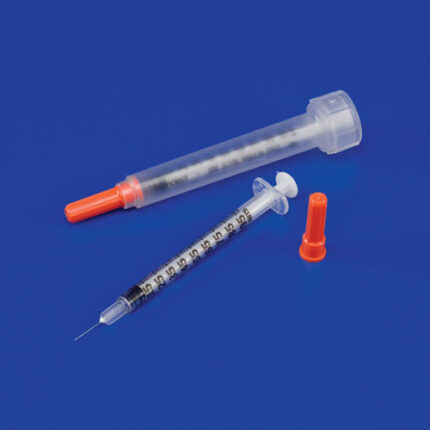
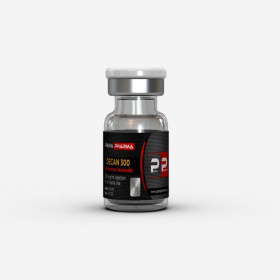
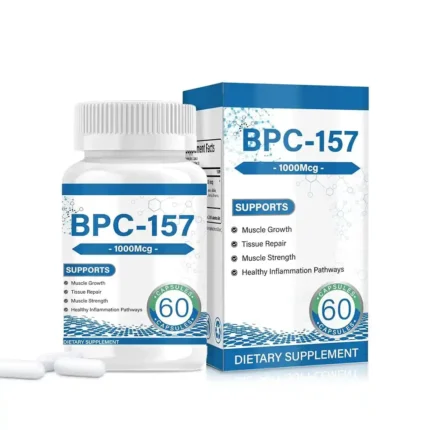

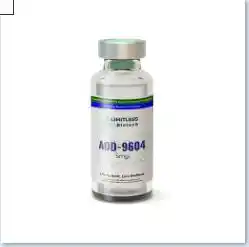

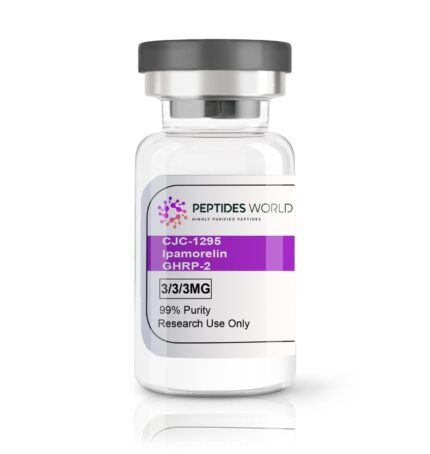
Reviews
There are no reviews yet.